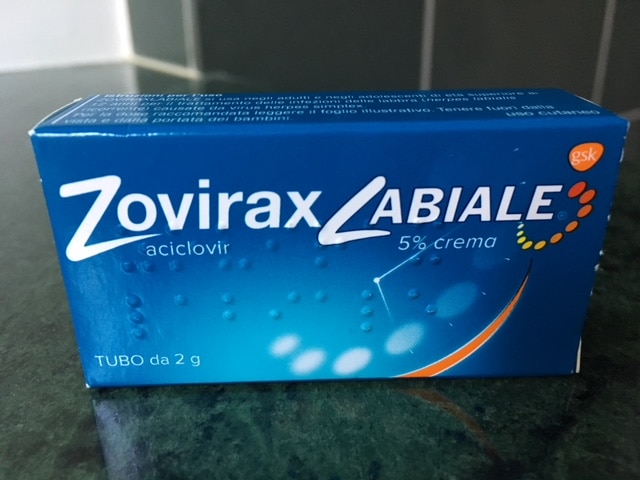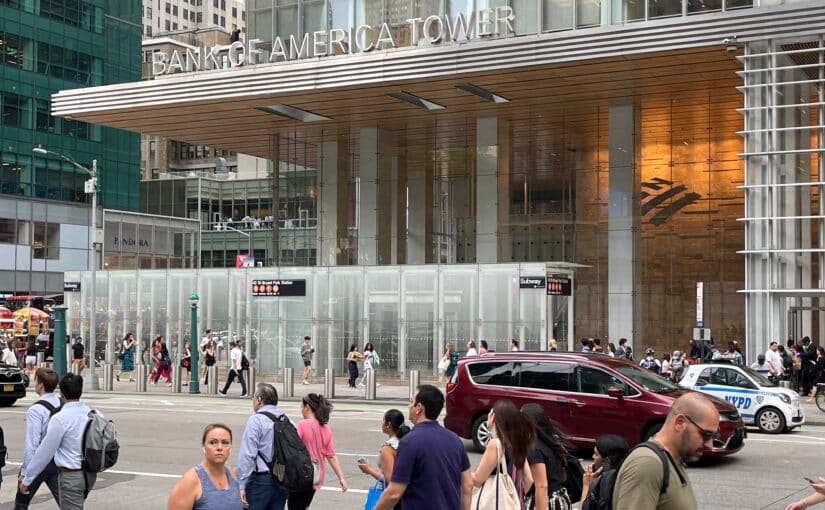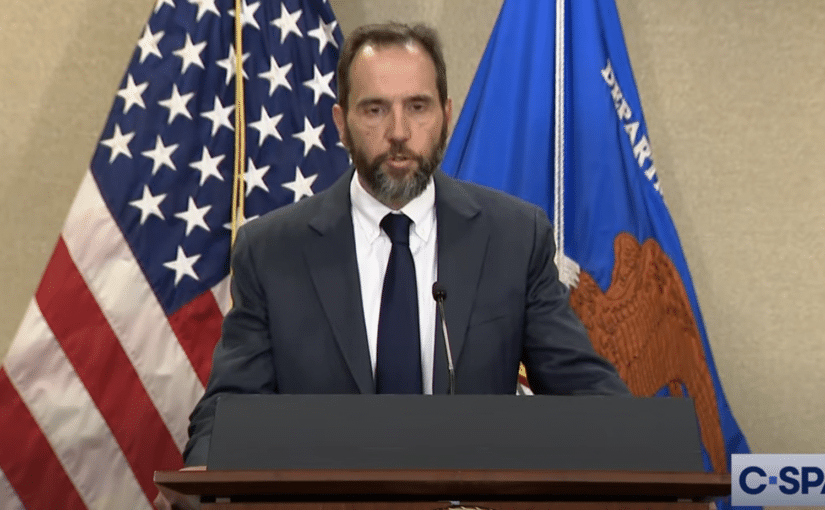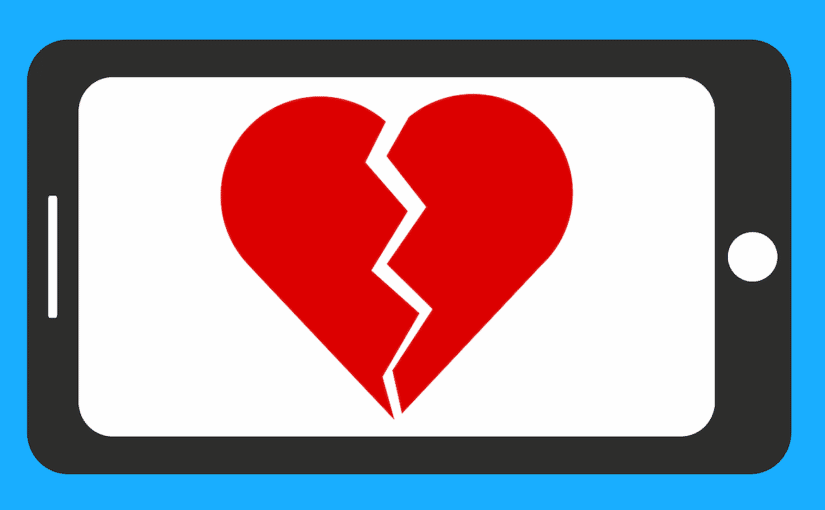updated July 27, 2023
by Nick Taylor
Barbara and I just came from a pharmacy near our hotel in Amsterdam, where I bought two two-gram tubes of Zovirax cream for 10 euros each. A Google search now shows a price just over $1,000. Even its generic version, acyclovir, costs around $800. And it’s prescription-only, not over-the-counter.
So the outrage continues. We first discovered the price disparity when we visited Rome and stopped into a pharmacy in 2018. Then and now you can thank the American pharmaceutical industry and shameful Congressional inaction for a price many times higher at home than in Europe. You have to spend $10,000 in travel, (Some may do it cheaper, but still.) to save hundreds of dollars on a drug that long since lost patent protection but is jacked up artificially to keep the pharmacy fat cats from losing weight.
We first spotted the problem and outlined it in this post. On vacation in Rome five years ago, I spied one of the green neon crosses that in Italy advertise a farmacia and walked in to ask if I could get a tube of acyclovir ointment. It was a shot in the dark. You need a prescription for acyclovir in the United States, but that’s not true everywhere. And at $700 for a 30-gram tube at my local CVS I thought, Why not?

The woman at the counter turned to some drawers in the wall behind her, riffled through the stock, and produced a small box that contained a 2-gram tube of Zovirax-branded 5 percent acyclovir cream. How much was it?
She smiled brightly. “Nine euros twenty. But if you buy three you get one for free.”
My wife Barbara said my jaw dropped and my face brightened when I heard that. And so I walked out with 6 grams of acyclovir for my herpes outbreaks for less than 18.40 euros, or about $21.50. At home I would have paid $140, or a fifth of $700 for a fifth of 30 grams.
Acyclovir, an anti-viral medication, is prescribed for the herpes simplex virus wherever it may appear: chicken pox, shingles and severe complications from Epstein-Barr viral infections.
I’ve had genital herpes since a one-night stand in the 1970s. Treatment at the time was primitive. It involved lying on a table in a doctor’s office with an ultraviolet light shining on the affected area. If you imagine that and can’t unsee it, I apologize.
GlaxoSmithKline revolutionized herpes treatment when it brought acyclovir cream and ointment to the market in 1981 under the brand name Zovirax. Topically applied, they ease the discomfort and shorten the duration of outbreaks. Acyclovir pills, also available, are more of a prophylactic; taken regularly, they ward off outbreaks.
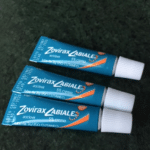
I remember a time when Zovirax ointment didn’t cost a head-scratching amount of money. I don’t remember what I paid for the last tube I bought that is now squeezed dry, and that’s because the price didn’t seem like highway robbery. Clearly that changed in the same way that the cost of other drugs have skyrocketed in the U.S.
Brand name drugs account for 77 percent of U.S. sales. They face annual price hikes because the pharmaceutical manufacturers don’t have competition in the market place, according to the Association for Accessible Medicines. In addition, an out-of-control patent system allows companies to continue monopolies on drugs and raise prices year after year.
It all adds up to one thing: pharmaceutical prices in the U.S. bring in big dollars for big pharma, but make no sense for consumers.
U.S. spending on pharmaceuticals exceeded $1,000 per person in 2015. That was the highest by 30 to 190 percent among the ten high-income countries studied, according to the Commonwealth Fund. And in a separate component studying seven countries, U.S. retail prices for commonly prescribed drugs were the highest by 5 to 117 percent.
GlaxoSmithKline licenses the sale of acyclovir in the U.S. and Canada to Valeant. Valeant, headquartered in Quebec and as of July to be called Bausch Health Companies (it owns Bausch & Lomb), a few years ago started buying companies with products on the market and drastically raising their prices. In the process it developed a reputation for price gouging on a number of drugs. Questions about its strategy, drug pricing, accounting and management led Valeant’s stock price to plunge 90 percent. The company now, under CEO Joseph Papa and a new management team since May 2016, is trying to reinvent itself and turn its reputation around.
Valeant’s spokesperson, Lainie Keller, told ConsumerMojo in an email that Papa chairs a multi-disciplinary Patient Access and Pricing Committee that reviews its drug pricing and its effects on patients’ ability to afford the drugs they need. She also told us that Valeant has pledged not to raise prices on its branded prescription drugs more than 10 percent a year. Zovirax, for example, got a 9 percent price bump in January 2018.
But she had no good answers when ConsumerMojo asked her why Zovirax in Italy costs a fraction of its price in the United States. “I don’t know,” she said. “In Italy things are run by the government. They set prices for drugs differently. It isn’t an apples to apples comparison.”
In fact, an Italian government agency does regulate the price of medication covered by its national health insurance program. But the price is set by the marketplace for non-covered drugs, and over-the-counter medications like Zovirax or acyclovir.
Keller also couldn’t say why a topical cream for herpes or shingles outbreaks is sold over-the-counter in Italy while it requires a prescription in the United States. “In Italy the government decides,” she said. “Here the FDA decides what can be sold over the counter. The FDA says 5 percent acyclovir should be sold by prescription.”
The FDA, as in Food and Drug Administration. In other words, the government decides here, too.
We reached out to the FDA about why it designates acyclovir and Zovirax as prescription-only medications. FDA Press Officer Sandy Walsh said she couldn’t say, but wondered if Valeant had ever sought over-the-counter status for Zovirax. We’ve asked, and will let you know when we find out.
My experience in Rome highlights the wacky, out-of-whack and unfair pricing system for medicine in the United States. Forget that there seems to be no good reason why American consumers can’t buy acyclovir without a prescription. That’s a symptom of something much larger.
When we look at pricing, we have to consider the influence of the pharmaceutical industry in Congress and in the White House. When the Medicare drug benefit passed during the George W. Bush administration, the bill barred Medicare from using its huge market leverage to negotiate with drug companies for lower prices.
Pharmaceutical companies hire lobbyists to help keep the prices high. Their lobbyists swarm in Washington like summer gnats. The industry deployed almost 1,200 of them in 2017 and spent almost $280 million, according to the Center for Responsive Politics’ OpenSecrets.org. That’s the main reason American drug prices are the highest in the world.
President Trump campaigned on, and repeatedly picked up the populist mantra of lowering drug prices. But Kaiser Health News (KHN) reports that healthcare experts say Trump hasn’t come up with new ideas to cut drug costs. James Love, Executive Director of the nonprofit Knowledge Ecology International, told KHN that the Trump administration’s ideas could have been written by the pharmaceutical lobby.
That leaves us paying the big bills. But we can do a few things of things.
-
- Shop around for medication. In some cases, Walmart and Costco offer lower prices than pharmacies.
- You can also shop around, if you travel outside of the United States.
But we do caution you to take care if you see online ads from international companies that tempt you. Customs can seize the deliveries before they get to you and you can lose your medication and your money.
Getting angry politically also makes sense. Contact your U.S. Representative and your U.S. Senators. You can call the Capitol switchboard at (202) 224-3121 to put you through to their offices. Theoretically, they listen to constituents.
If not, vote them out in November.
Let us know what you think.
